Thelonius Monk‘s sheet music transcriptions are available from our Library.
Chords and Voicings: From Lead Sheet to Performance
In modern jazz, seventh chords specified by lead sheets may appear simply as shown in figure 4.2a, but musicians rarely follow what the lead sheet specifies to the letter. Well before Thelonious Monk came on the scene, jazz pianists vied to distinguish themselves with ingenious voicings. A kind of common practice prevailed in bebop, though we emphasize that musicians can and did step outside this practice in search of particular expressions and logics. In the main, though, four complementary techniques developed, two concerning voicing as such and two concerning chord choice—what chord to play where:
Voicing
• Extension and omission: addition of tones foreign to the chord proper, and/or dropping tones that are part of it
• Spacing and doubling: distribution of a voicing on the piano or among instruments in an ensemble.
Harmonic choice
• Substitution: replacement of one chord by another with equivalent function
• Insertion and deletion: increase or decrease in the rate of harmonic motion by adding to or subtracting from changes specified on the lead sheet.
Extension, omission, spacing and doubling
Figures 4.2b and 4.3 illustrate possibilities for extending minor seventh, dominant seventh, and major seventh harmonies, and apply them to the initial ii–V–I of ISC. In the first staff each chord is extended upward by thirds beyond the seventh to include the ninth, eleventh, and thirteenth above the root. Each of the resulting seven-note stacks of thirds includes all notes of the D major scale. The fact that all three chords extend through the exact same pitch collections, in the same intervallic arrangement (i.e., a stack of thirds), demonstrates the fundamental role that harmonic function—and not chord or voicing—plays in determining tonal meaning in jazz.
The chords could in some cases even be voiced in identical ways, but their functional context would make them heard and understood differently. Here is a significant way in which, it seems to us, jazz harmony differs in emphasis from European practice.
To the extent that the distinction between ii, V, and I voicings blurs, what is it precisely that distinguishes their functions? The second staff shows which of the seven diatonic tones are directly involved in the progression toward and away from the V chord’s tritone.
Typically, these tones are necessary and sufficient to convey harmonic function. Surprisingly for anyone familiar with European harmony, neither the fifth nor the root of the chord are necessary; indeed these may be dropped (and possibly supplied by a bass player, but not necessarily). But in order to convey function and quality most effectively, the essential tones are typically arranged in the lower register of the voicing, with extension tones higher up.
The third staff of figure 4.2b distills the optional diatonic tones, which may be used without diluting function or quality, and the fourth staff shows how the tonic note (D) and the fourth scale step (G) are carefully avoided in the dominant and tonic chords, respectively, so as not to carry them over from the chords that precede them, which would impede the ii–V–I motion (see dashed arrows).
Outside the diatonic pitch collection remain fi ve tones completing the chromatic aggregate, which can provide rich “upper structures” to voicings. In some cases these work against important diatonic intervals; for example, using a G with the Em chord could obscure the minor third between E and G; using it with the A7 chord would weaken the C#/G tritone. But with the DM7 it sounds all right because its diatonic “shadow,” G, is already avoided. Figure 4.3 sketches the effect of chromaticism in each chordal context.
All optional diatonic and chromatic tones may be withheld or used, and they may be spaced from low to high in limitless ways. Attention is paid to the choice of lowest pitch, the registers of all others, thickness (number of notes played at once), and the use of some pitches in more than one octave doubling. This topic is discussed later in reference to specifi c instances in short excerpts by pianists Bill Evans and Oscar Peterson (figures 4.4a and b), and also at length in relation to Monk.
Chord Substitution, Insertion, and Deletion
Because every dominant-quality seventh chord shares its tritone with the dominant-quality seventh chord whose root is a tritone away, the chords in each such pair may be substituted for one another ( figure 4.2c, first staff).
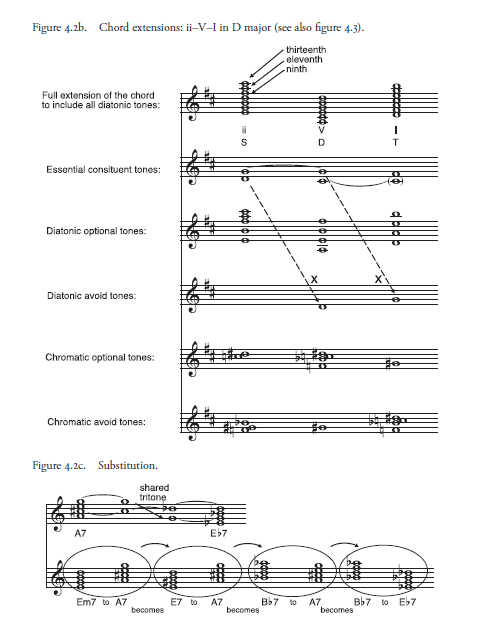
Substitutions for V are idiomatic in ii–V–I motion. In D major, this turns Em7–A7–DM7 into Em7–Eb7 –DM7 and causes the roots to descend chromatically by half step rather than by fifth, an especially characteristic marker of modern jazz sound. The second staff of figure 4.2c illustrates another kind of substitution, involving change of chord quality. In the first stage, the ii of
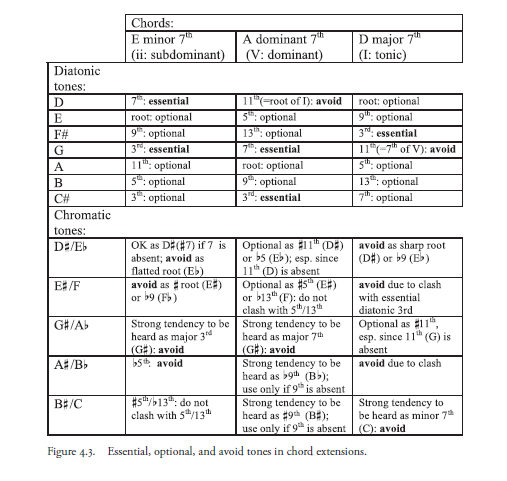
the ii–V–I progression is intensifi ed by raising its third from G to G# . This makes it E7, a dominant seventh chord, that is, V7 in relation to the A7 chord, and thus “tonicizes” the root of A7 as if A were momentarily the home key. From here it is a matter of applying the tritone substitution principle just discussed to convert the pair of chords into progression from Bb7 to Eb7. Monk does just this in ISC ( figures 4.1 and 4.5 , mm. 15-16).
Harmonic rhythm is the rate at which harmonies change. A scan of the various versions of ISC in figure 4.1 shows chords changing usually every two or four beats, though Oscar Peterson achieves special intensity in mm. 1-2 by changing on each beat, and there are scattered instances of chords held longer. Since harmony’s depth of field is rich, even with these severe constraints on harmonic rhythm there can be infinite ways to realize the harmonies in a song and suggest unexpected aural routes through it.
Sometimes root progressions by fifth are concatenated, as in figure 4.1, staff 2, mm. 2-3. Here, rather than have mm. 3-4 be a repetition of mm. 1-2, as it is in Monk’s version (staff 3), the ii chord of m. 3 is treated as a local tonic and preceded by its own ii–V. The two new bass tones F and B are part of the D major scale, so the motion feels activated but the connections do not jar.
The major third (D#) of the B7 chord is the only chromatic alteration implied. In Bill Evans’s version, the bass player faithfully provides the root tones (figure 4.4b), but Evans does not reflect the change on the piano. Without the D#, the feeling of tonicization is absent, and we have labeled the chord as Bm7.
Earlier we mentioned a more deeply hued insertion, at mm. 8 and, which introduces a ii–V (Gm7 to C7) progression borrowed from F major, a key built on a tonic foreign to the D major scale. This motion is so distinctive that it might be heard as one of the strongest markers of the song as a whole. In the fake book version, after slipping momentarily toward F in this way the music slips right back to DM7 in m. 9.
Monk, however, reinterprets the C7 as a tritone substitution for an F#7, and resolves in m. 9 to Bm7 (the fake book does this too, but later, at the parallel moment in mm. 25). Another insertion in the fake book version, reflecting a mix of diatonic and chromatic moves, comes at the final measures (31-2).
This characteristic “turnaround” revs up the motion, propelling the music toward the next repetition of the form. Monk’s seeming extension of this passage and the two prior measures reflect a musical action we shall describe later; in figure 4.1 we condense his chords into the thirty-two-measure form (the actual measure numbers cor-responding to mm. 29-38of the transcription in figure 4.5 are shown below the lowest staff).
Deletions put the brakes on chord progression. In this idiom they are somewhat rarer than insertions but noteworthy for that reason. When Monk slows down the fake book chords at m. 2 he wants to focus on the very repetition of the chord progression in the initial two pairs of measures, and when he does it again at mm. 15-16 it is as if we are asked to savor the tritone substitutions selected for those moments.
Modern jazz harmonic practice often seems to be founded on the intensifi cation and complexifying of its diatonic basis in the several ways we have just described all at once—so the instances in which this process is slowed or impeded provide a special repose.

Browse in the Library:
| Artist or Composer / Score name | Cover | List of Contents |
|---|---|---|
| ABRSM Piano Exam 2023-24 Grade 3 C3 THE ENTERTAINER – SCOTT JOPLIN |
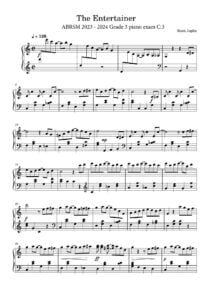 |
|
| ABRSM Piano Exam 2023-24 In The Groove by Mike Cornick |
 |
|
| ABRSM Piano Exam 2023-24 Indigo Moon by Elissa Milne |
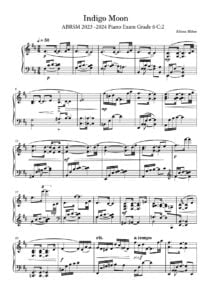 |
|
| ABRSM Piano Exam 2023-24 Jester’s Jig by Chee-Hwa Tan |
 |
|
| ABRSM Piano Exam 2023-24 Love Theme by Catherine Rollin |
 |
|
| ABRSM Piano Exam 2023-24 Minuet In G (Anonymous) |
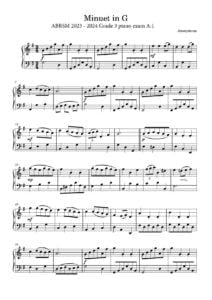 |
|
| ABRSM Piano Exam 2023-24 The Song Of Twilight by Yoshinao Nakada |
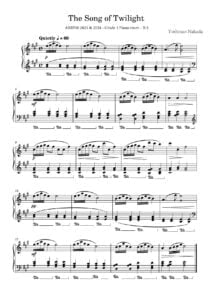 |
|
| ABRSM Piano Exam Pieces Grade 1 2013 & 2014 syllabus |
 |
ABRSM Piano Exam Pieces Grade 1 2013 & 2014 syllabus |
| ABRSM Piano Exam Pieces Grade 1 2023 2024 |
 |
ABRSM Piano Exam Pieces Grade 1 2023 2024 |
| ABRSM Piano Exam Pieces Grade 1 2025 2026 |
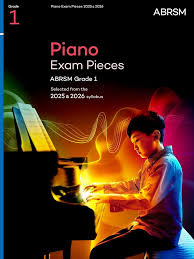 |
ABRSM Piano Exam Pieces Grade 1 2025 2026 |
| ABRSM Piano Exam Pieces Grade 2 2023 2024 |
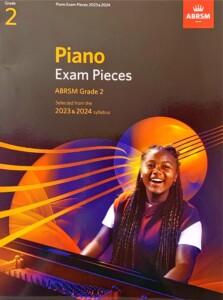 |
ABRSM Piano Exam Pieces Grade 2 2023 2024 |
| ABRSM Piano Exam Pieces Grade 3 2013 2014 |
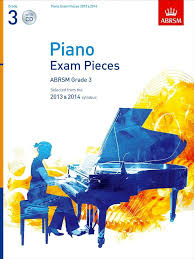 |
|
| ABRSM Piano Exam Pieces Grade 3 2023 2024 |
 |
ABRSM Piano Exam Pieces Grade 3 2023 2024 |
| ABRSM Piano Exam Pieces Grade 3 2025 2026 |
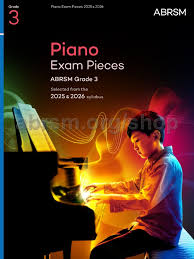 |
ABRSM Piano Exam Pieces Grade 3 2025 2026 |
| ABRSM Piano Exam Pieces Grade 4 2021 2022 |
 |
ABRSM Piano Exam Pieces Grade 4 2021 2022 |
| ABRSM Piano Exam Pieces Grade 4 2023 2024 |
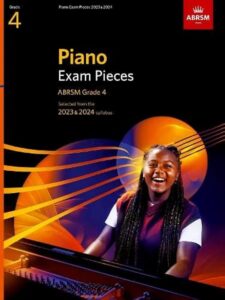 |
|
| ABRSM Piano Exam Pieces Grade 5 2023 2024 |
 |
ABRSM Piano Exam Pieces Grade 5 2023 2024 |
| ABRSM Piano Exam Pieces Grade 6 2023 2024 |
 |
ABRSM Piano Exam Pieces Grade 6 2023 2024 |
| ABRSM Piano Exam Pieces Grade 7 2023 2024 |
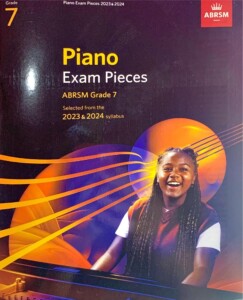 |
ABRSM Piano Exam Pieces Grade 7 2023 2024 |
| ABRSM Piano Exam Pieces Grade 8 2023 2024 |
 |
ABRSM Piano Exam Pieces Grade 8 2023 2024 |
| ABRSM Piano Exam Pieces Grade 8 2025 2026 |
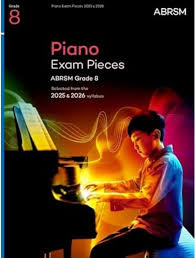 |
ABRSM Piano Exam Pieces Grade 8 2025 2026 |
| ABRSM Piano Mix 3 for Easy Piano Grades 3-4 |
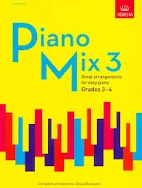 |
ABRSM Piano Mix 3 for Easy Piano Grades 3-4 |
| ABRSM Piano Prep Test |
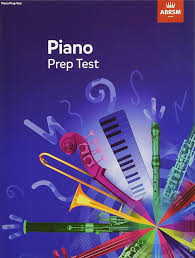 |
|
| ABRSM Piano Scales And Arpeggios from 2021 Guide For Practical Grades |
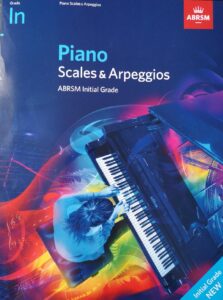 |
|
| ABRSM Selected Piano Exam 2011 2012 Grade 1 |
 |
|
| ABRSM Selected Piano Exam Grade 2 (2011 2012 ) |
 |
|
| ABRSM Specimen Aural Tests Grade 1 to 3 |
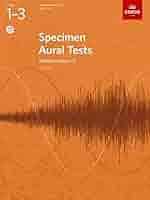 |
|
| ABRSM Specimen Aural Tests Grade 4 & 5 |
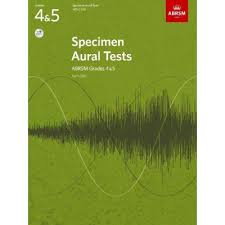 |
|
| ABRSM Teaching notes on piano exam pieces (2013 & 2014) |
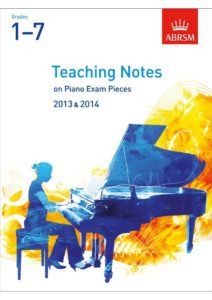 |
|
| ABRSM The Manual Of Scales Broken Chords And Arpeggios For Piano |
 |
|
| ABRSM Theory of Music Exams Grade 8 (The Associated Board of Royal Schools of Music) 2010 |
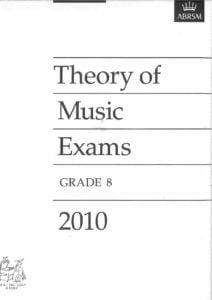 |
|
| AC/DC – Classic – Early Years – High Voltage And Let There Be Rock (Guitar Tab Songbook) |
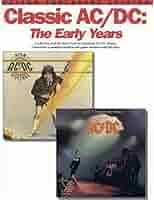 |
ACDC – Classic – Early Years – High Voltage And Let There Be Rock |
| AC/DC – Jam With AC/DC (PDF with MP3 audio tracks Guitar Tab Songbook) |
 |
Jam With ACDC |
| AC/DC Rock Score |
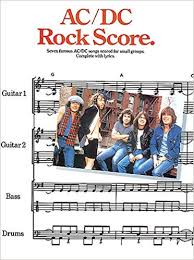 |
|
| AC/DC, Best of (Guitar & Tablature) |
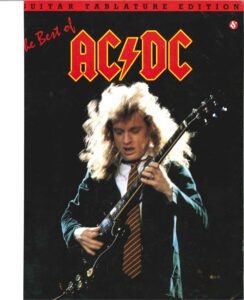 |
Best Of ACDC (Guitar) |
| Ace Of Base – Beautiful Life | ||
| Ace Of Base – Dont Turn Around | ||
| Ace Of Base – Living In Danger | ||
| Acoustic 33 TOP Guitar Hits (Guitar Songbook) with Tablature – sheet music |
 |
Acoustic 33 TOP Guitar Hits (Guitar Songbook) – sheet music |
| Acoustic Blues Guitar By Kenny Sultan Guitar Tab |
 |
Acoustic Blues Guitar |
| Acoustic Blues Guitar Keith Wyatt with TABs |
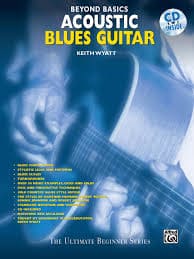 |
Acoustic Blues Guitar Keith Wyatt with TABs |
| Acoustic Blues Guitar Styles (Larry Sandberg) (with Tablature) |
 |
Acoustic Blues Guitar Styles (Larry Sandberg) |
| Acoustic Classics 42 songs Piano Vocal Guitar |
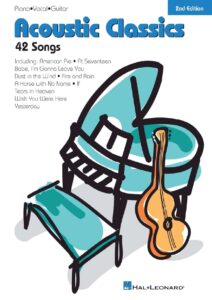 |
Acoustic Classics 42 songs Piano Vocal Guitar |
| Acoustic Guitar Bible (35 great songs) Guitar with TABs |
 |
Acoustic Guitar Bible (35 great songs) Guitar with TABs |
| Acoustic Rock (Guitar) Rolling Stones, Green Day, Pink Floyd, Bob Dylan (Songbook Guitar Tab) with Tablature |
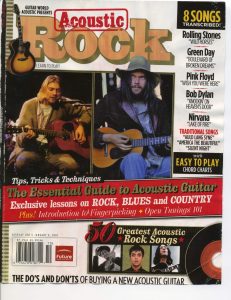 |
|
| Acoustic Rock 90’s, Best of – Guitar with Tablature |
 |
Acoustic Rock 90’s, Best of – Guitar |
| Acqua azzurra acqua chiara (Battisti) | ||
| Ad Te Levavi (Musescore File).mscz | ||
| Adagio (Lara Fabian) | ||
| Adagio MP3.zip | ||
| Adah’s Theme (La femme avec les yeux lumineux) Sex and the City |
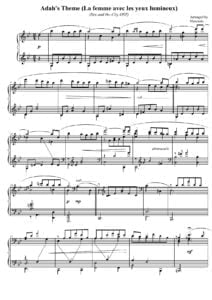 |
|
| Adah’s Theme (Le femme avec les yeux lumineux) Sex and the Cit | ||
| Adam – Adolphe Charles Holy Night Cantique-Nöel |
 |
|
| Adam – Cantique de Nöel Minuit Chretiens | Adam – Cantique de Noel Minuit Chretiens VS | |
| Adam – Derniers souvenirs d’un musicien |
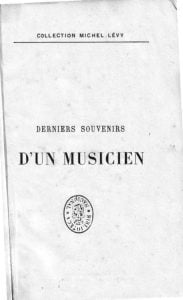 |
|
| Adam – O Holy Night | Adam – O Holy Night | |
| Adam – Souvenirs d’un musicien |
 |
|
| Adam (Cappeau) – Cantique de Noël. Easy Piano with voice or instrument (Paroles and lyrics) |
 |
Adam-Cappeau-Cantique-de-Noel- |
| Adam (Cappeau) – Cantique de Noel. Easy Piano with voice or instrument.mscz | ||
| Adam Cantique de Nöel Christmas song | Adam Cantique de noel | |
| Adam Carse – The History Of Orchestration Adam Carse |
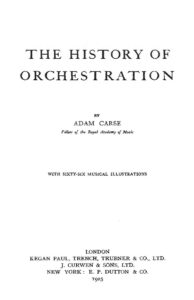 |
|
| Addams Family Theme (Musescore File).mscz | ||
| Addams Family Theme (Easy Piano) |
 |
|
| Addio Colonnello (Ennio Morricone) | ||
| Adele Songs from the Album 21 For SATB, SSA and Piano |
 |
Adele Songs from the Album 21 |
| Adele – 21 |
 |
ADELE 21 SONGBOOK |
| Adele – Chasing Pavements Piano Vocal guitar chords |
 |
|
| Adele – Easy on me (Piano solo with lyrics) |
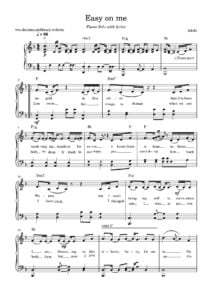 |
|
| Adele – Rolling in the Deep |
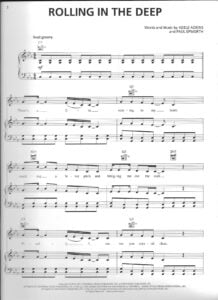 |
|
| Adele – Rumor Has It |
 |
|
| Adele – Set Fire to the Rain |
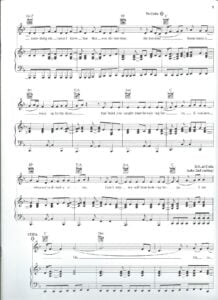 |
|
| Adele – Set Fire To The Rain (2) (Musescore File).mscz | ||
| Adele – Someone Like You | Adele – Someone Like You | |
| Adele – Someone Like You easy piano |
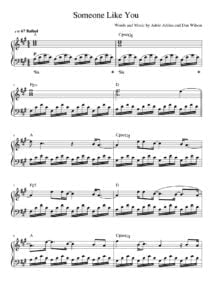 |
|
| Adele – The Best Of SongBook (12 songs arranged for easy piano) |
 |
Adele – The Best Of SongBook (12 songs arranged for easy piano) |
| Adele 19 [Piano, Guitar, Vocals] |
 |
Adele 19 [Piano, Guitar, Vocals] |
| Adele 25 Songbook |
 |
Adele 25 Songbook Contents — 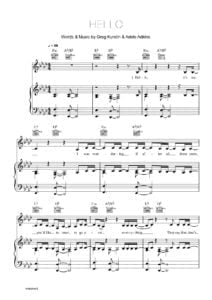 |
| Adele Best Of Adele Big Note Piano (Adele Adkins) |
 |
Adele Best Of Adele Big Note Piano (Adele Adkins) |
| Adele Easy On Me Sheet Music |
 |
|
| Adele Original Keys For Singers (Adele) |
 |
Adele Original Keys For Singers (Adele) |
| Adele Skyfall (Piano Vocal Guitar Chords) | Adele Skyfall (Piano Vocal Guitar Chords) | |
| Adios Amor – Goodbye My Love as recorded by José Feliciano |
 |
|
| Adult All In One Course Level 1 With Audio Mp3 (Willard Palmer) |
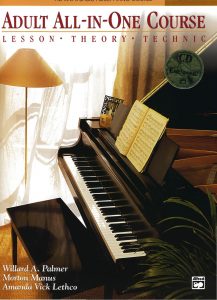 |
Lessons Alfred’s Basic Adult Piano Course Level 1 |
| Adult All In One Course Level 2 With Audio Mp3 (Willard Palmer) |
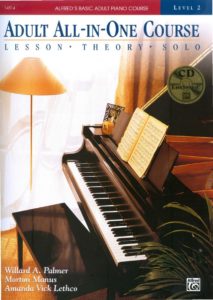 |
Willard Palmer – Adult All-In-One Course Level 2 |
| Adult Greatest Movie Hits Piano Level 1 |
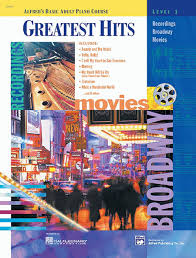 |
Adult Greatest Movie Hits Piano Level 1 |
| Adult Piano Adventures ALL-IN-ONE PIANO COURSE 1 |
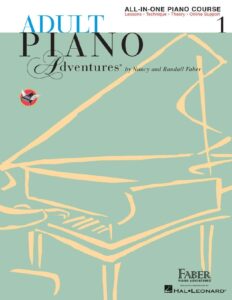 |
|
| Adult Piano Adventures All-In-One Piano Course Book 2 Book With Media Online (Nancy Faber, Randall Faber) Sheet Music |
 |
|
| Adult Piano Adventures Christmas – Book 1 (Nancy Faber Randall Faber) |
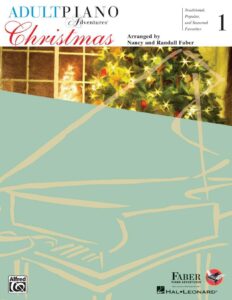 |
|
| Adult Piano Adventures Christmas – Book 2 |
 |
Adult Piano Adventures Christmas – Book 2 |
| Adult Piano Adventures Popular Book 1 – Timeless Hits and Popular Favorites (Adult Piano Adventures Popular) |
 |
Adult Piano Adventures Popular Book 1 – Timeless Hits and Popular Favorites (Adult Piano Adventures Popular) |
| Adult Piano Course Greatest Movie Hits Piano Level 1 Recordings Broadway Movies |
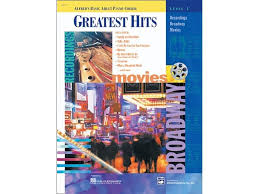 |
Adult Piano Course Greatest Movie Hits Piano Level 1 Recordings Broadway Movies |
| Advanced Harmonic Concepts by Wayne Naus (with audio MP3) |
 |
Advanced Harmonic Concepts by Wayne Naus |
| Advanced Harmonic Exercises For Jazz Piano |
 |
advanced harmonic exercises |
| Advanced Piano Solos 1 Encyclopedia by Tom Roed |
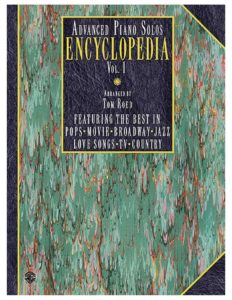 |
Advanced Piano Solos 1 Encyclopedia by Tom Roed |
| Advanced Piano Solos 2 Complete by Tom Roed |
 |
Advanced Piano Solos 2 Complete by Tom Roed |
| Advanced Sacred Music Piano Solos by John Kraus |
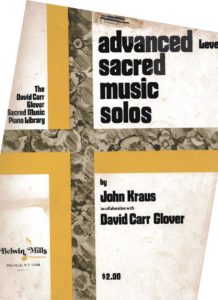 |
|
| Advanced Scale Concepts and Licks for Guitar (PDF + MP3 audio tracks Play Along) with Tablature |
 |
 |
| Aebersold – 110 – When I fall In Love – Romantic Ballads pdf with embedded audio MP3 Tracks |
 |
Jazz Play Along Vol 110 [When i Fall in Love] |
| Aebersold – 113 Embraceable You – Vocal Standards with audio MP3 Tracks |
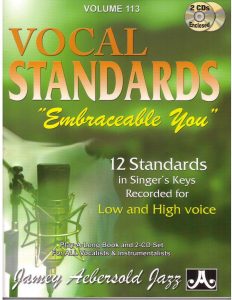 |
Jamey Aebersold – Vol 113 |
| Aebersold – 30 blues scale By Jamey Aebersold | Aebersold – 30 blues scale By Jamey Aebersold | |
| Aebersold – A New Approach To Jazz Improvisation Gettin’it together vol. 21 |
 |
aebersold gettin all together vol 21 |
| Aebersold – Practice Procedures For Memorizing Scales And Chords | Aebersold – Practice Procedures For Memorizing Scales And Chords | |
| Aebersold – Rapid Reference Vol 1-114 | Aebersold – Rapid Reference Vol 1-114 | |
| Aebersold – Vol 01 – How to Play and Improvise Jazz (with audio MP3) |
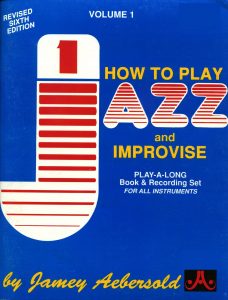 |
Aebersold – Vol 01 – How to Play and Improvise Jazz |
| Aebersold – Vol 03 – The II-V7-I Progression Jazz Play Along Book + Audio Mp3 |
 |
|
| Aebersold – Vol 105 – Dave Brubeck Jazz Play Along Book + Audio Mp3 |
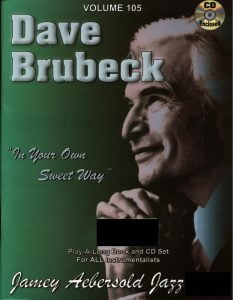 |
|
| Aebersold – Vol 118 – [Groovin Jazz] (with audio MP3) |
 |
|
| Aebersold – Vol 32 – Ballads Jazz Play Along Book + Audio Mp3 |
 |
|
| Aebersold – Vol 34 – Jam Session Jazz Play Along Book + Audio Mp3 |
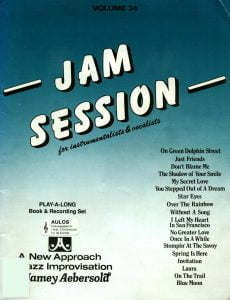 |
Includes MP3 Play along themes as Blue moon, The shadow of your smile, Over the rainbow, etc. |
| Aebersold – Vol 45 – [Bill Evans] Jazz Play Along Book + Audio Mp3 |
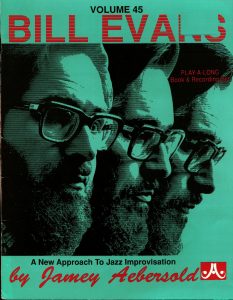 |
Aebersold – Vol 45 – [Bill Evans] |
| Aebersold – Vol 58 – Unforgettable Standards Jazz Play Along Book + Audio Mp3 |
 |
aebersold unforgettable standards sheet music |
| Aebersold – Vol 76 – David Baker – How To Learn Tunes (A Jazz Musician’s Survival Guide) |
 |
how to learn tunes |
| Aebersold 25 How To Practice By Jamey Aebersold | Aebersold 25 | |
| Aebersold Antonio Carlos Jobim Vol 98 – Bossa Nova Songbook Jazz Play Along Book + Audio Mp3 |
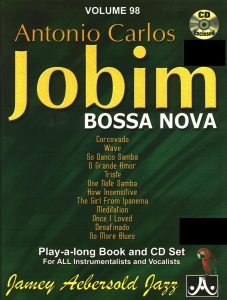 |
Aebersold Antonio Carlos Jobim Vol 98 – Bossa Nova Songbook |
| Aebersold Anyone Can Improvise – 52 Points To Remember | Aebersold Anyone Can Improvise – 52 Points To Remember | |
| Aebersold Jazz EAR training (with audio MP3) |
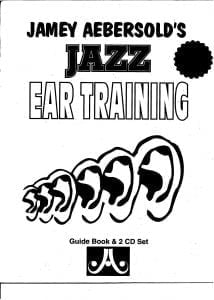 |
Aebersold Jazz EAR train |
| Aebersold Jazz Handbook 09 Tips For Learning A New Tune & Practice Procedures For Memorizing |
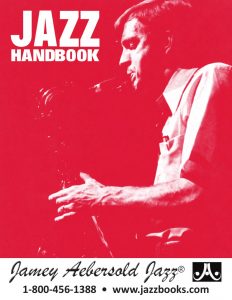 |
Aebersold Jazz HANDBOOK |
| Aebersold Jazz Play-Along Books & audio MP3 1st Part Full Collection – Vol 1- 40 (with MP3) for all instruments |
Compressed file 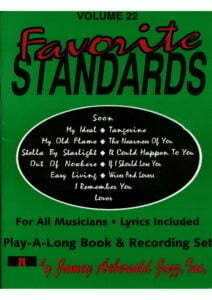 Aebersold Full Collection Part 1 – Vol 1- 40 Aebersold Full Collection Part 1 – Vol 1- 40 |
40 volumes with MP3 Aebersold Book Index Vol.001-106 |
| Aebersold Jazz Play-Along Books & audio MP3 2nd Part Full collection Vol 41- 75 for all instruments | Compressed fileAebersold Full Collection Part 2 – Vol 41- 75.. | 35 volumes with MP3 Aebersold Book Index Vol.001-106 |
| Aebersold Jazz Play-Along Books & audio MP3 3rd Part Full Collection – Vol 76- 112 (with MP3) | Compressed fileAebersold Full Collection Part 3 – Vol 76- 112 | 37 volumes with MP3 Aebersold Book Index Vol.001-106 |
